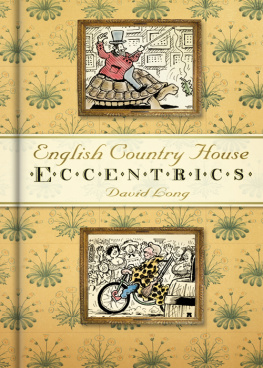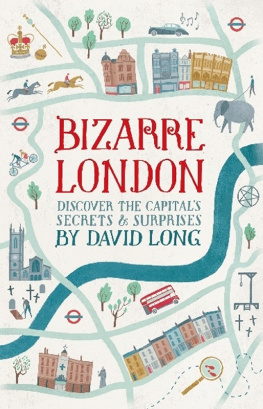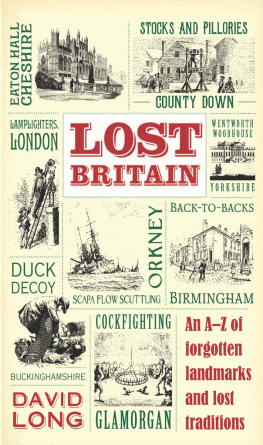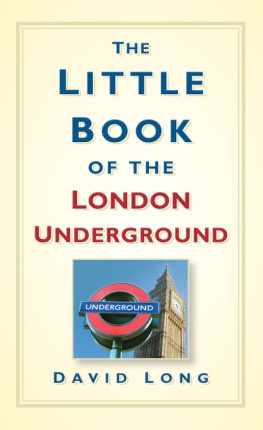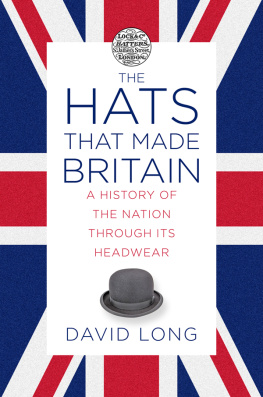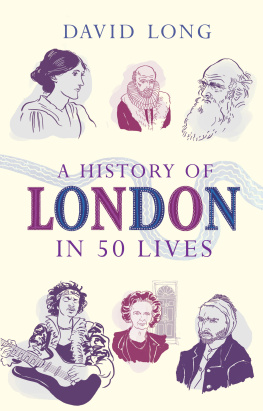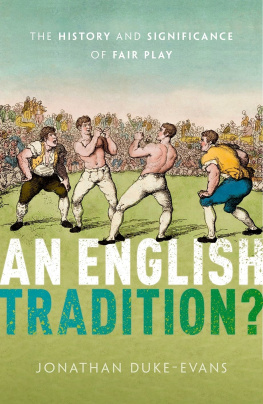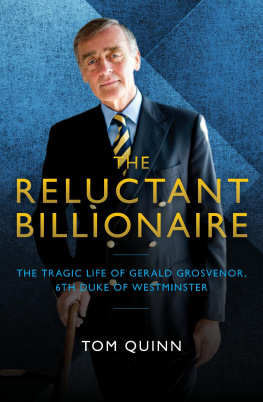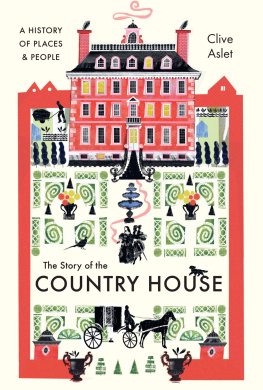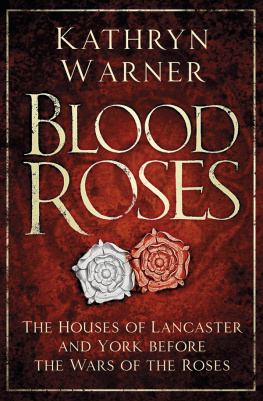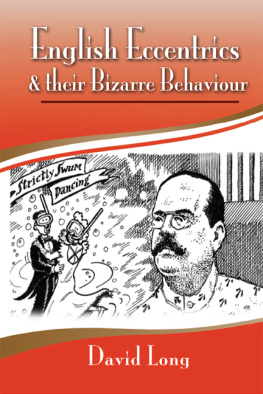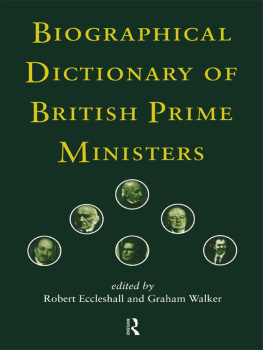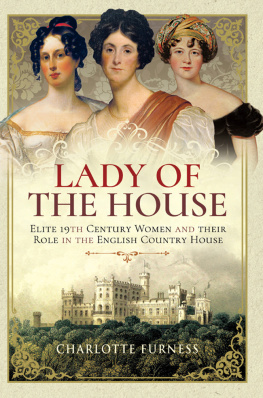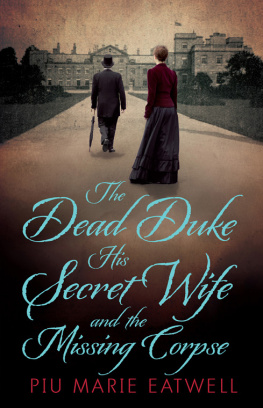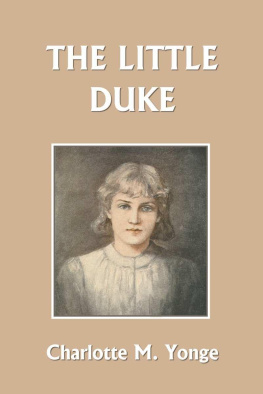
Other books by David Long
Spectacular Vernacular: Londons 100 Most Extraordinary Buildings
Tunnels, Towers & Temples: Londons 100 Strangest Places
The Little Book of London
The Little Book of the London Underground
Blood Sweat and Tyres: The Little Book of the Automobile
When Did Big Ben First Bong?
101 questions answered about the greatest city on earth
Hidden City:
The Secret Alleys, Courts and Yards of Londons Square Mile
London Underground: Architecture, Design and History
C ONTENTS
Gloucestershire
Oxfordshire
Note: The majority of the houses described are opened to the public at specified times of year, those owned by the National Trust being marked in the text (NT) and others in the care of English Heritage (EH).
By 1965 the old county of Middlesex Englands smallest but for Rutland was largely subsumed into Central London with small portions allotted to Hertfordshire and Surrey.
L ord Monboddo, a judge, believed men were born with tails but that this was concealed by a conspiracy of midwives who cut them off at birth. Sir Francis Galton, using a system no-one but he could understand, spent years compiling a map of the country showing the distribution of its most beautiful inhabitants and the really ugly ones. And as recently as 1976 a retired schoolmaster called Ernest Digweed left 26,000 for the Second Coming which the Public Trustee upon obtaining proof which shall satisfy them of His identity, shall pay to Lord Jesus Christ.
Ostentatious or absurdly secretive, crazily ambitious, insanely inventive, pathologically reclusive or just faintly ridiculous, there is something irresistible about eccentrics and rarely more so than when it comes to the builders and burrowers, the collectors, hoarders, faddists and strange obsessives who have created, occupied and occasionally lost many of the great country houses which form such an important part of Britains cultural inheritance.
Eccentricity is by no means a preserve of the rich, aristocratic and landed, but for those determined to turn their backs on the mainstream, a large fortune and an isolated country estate certainly makes it easier. Insulated by walls of stone and the wealth of oligarchs, such men (and occasionally women) preside over personal fiefdoms and are answerable to no-one. Its an environment which provides ample scope for eccentricities and idiosyncrasies to thrive, and as can be seen in the following pages many grasped the opportunity with both hands as they set off on their own, peculiar personal odysseys
Among their number one finds visionaries and mad men, builders and destroyers, and collectors who ruined themselves in the process. It was a Spaniard, the Romantic painter Francisco Goya, who insisted fantasy abandoned by reason produces impossible monsters but more than 400 years of English eccentricity has also thrown up things of wonder, value and beauty which we can still enjoy today.
David Long, Suffolk, 2012
www.davidlong.info

Woburns saviour was very much the 13th Duke of Bedford (19172002) who, after being disinherited for marrying beneath him, took the courageous step of renting the place from his own trustees in the hope he could earn enough to settle the estates enormous death duties.
His grandfather Herbrand, the 11th Duke, was a famously mean-minded and miserable misanthrope who in the words of his eventual successor lived a cold, aloof existence, isolated from the outside world by a mass of servants, sycophants and an eleven-mile wall. With major landholdings in central London, and two houses in Belgrave Square which he rarely visited, he famously sold off Covent Garden and put the money into Russian shares which were immediately wiped out by the Bolshevik Revolution.
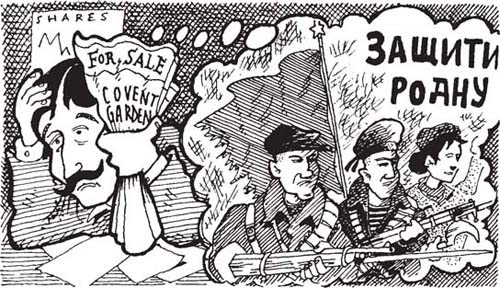
Herbrand rarely spoke, but that was alright as his duchess was stone deaf. After waiting until she was a pensioner before deciding to learn to fly, she took off at the age of 71 and was never seen again (shes assumed to have taken a wrong turning instead of flying back home where a servant had helpfully stencilled the word Woburn on the roof to guide her in).
Hastings, their only child, was born in a derelict crofters cottage while his parents were out shooting, and inherited his fair share of peculiarities from both sides of the family. To these he added a penchant for extreme right-wing politics the House of Lords eventually passed a motion that the Duke of Bedford no longer be heard and such a preference for parrots over people that his own son described him as the loneliest person he had ever met. For company he also kept a pet spider which he hand-fed roast beef, and incapable of giving or receiving love, utterly self-centred and opinionated, when he died it was of a gunshot wound, self-inflicted and almost certainly intentional.
Prior to this, and in order to supplement their own meagre rations, his children were forced to steal food from parrots mostly chocolates, which the birds adored and were denied the opportunity to go to school because their father had been bullied at Eton. After marrying a divorcee the future 13th Duke was then cut off without a penny, finding work as rent collector in Londons East End and a reporter on the downmarket Daily Express.
By the time he inherited, aged 36 in 1953, the abbey had been empty for thirteen years and was shockingly run-down. Priceless artworks were stacked around the walls like a warehouse, and those parts which had not already been demolished were riddled with rot.
The duke realised the only way to finance its repair would be to open Woburn to the public, and believing his ancestral possessions were just plain boring he looked for new ways to give visitors their moneys worth including a childrens playground, a shooting gallery, an antiques market and a bingo hall.
Fellow dukes looked on in horror, but Bedford revealed himself to be a real showman as well as an entrepreneur. Special weekends were laid on for nudists, thereby guaranteeing yards of newspaper coverage, and recognising that people preferred seeing a living duke to a dead one by Van Dyke, 50 guineas would buy a bed for the night together with what His Grace described as tea in golden teapots and that sort of thing.
Never one to pass up on free publicity, he twice acted the part of a duke on screen, sold the television rights to his third marriage, appeared in a commercial for shoe polish and even admitted that when he was prosecuted for careless driving, the fact that the police had identified him by his numberplate (DOB 1) will have done nothing to harm Woburns takings.
Eventually he handed the place over to his son and retired to Monte Carlo, hardly the usual destination for a duke but then as he himself always said, he was never an old-fashioned grouse-shooting sort.

Owned by the National Trust but at the time of writing leased to a rock guitarist, the tall and narrow Ashdown House is a romantic place with a romantic history. It was built in the 1660s by William, 1st Lord Craven, for the unrequited love of his life, Elizabeth of Bohemia.
Next page
